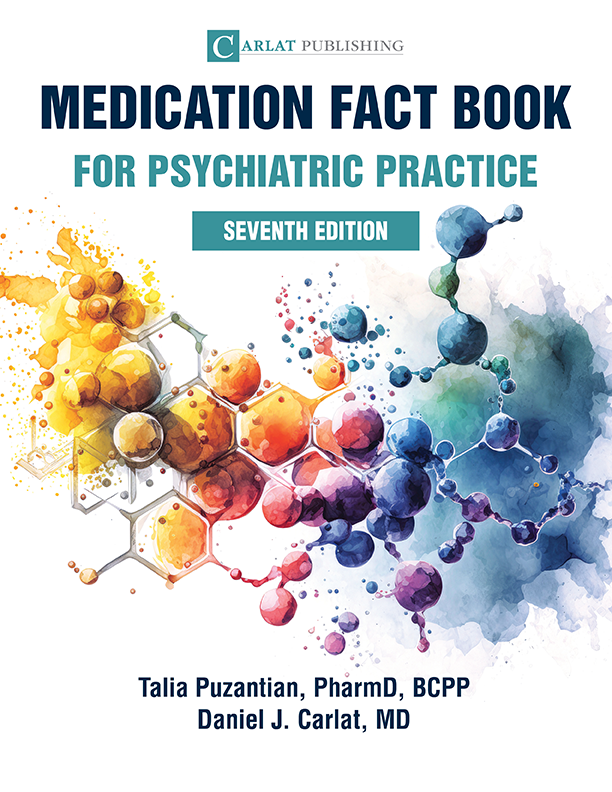General Psychiatry
The New(er) Drugs for Alcoholism
Daniel Carlat, MD
Dr. Carlat has disclosed that he has no significant relationships with or financial interests in any commercial companies pertaining to this educational activity.
Read More
All About...Antabuse!
Daniel Carlat, MD
Dr. Carlat has disclosed that he has no significant relationships with or financial interests in any commercial companies pertaining to this educational activity.
Read More
Alcoholics Anonymous: A Primer
Daniel Carlat, MD
Dr. Carlat has disclosed that he has no significant relationships with or financial interests in any commercial companies pertaining to this educational activity.
Read More
Dr. Stuart Gitlow on using Benzodiazepines in Alcoholism
 Stuart Gitlow, M.D.
Medical Director, Family and Children’s Service
Nantucket, Massachusetts
Author, Substance Use Disorders
Lipincott, Williams, and Wilkins 2001
Stuart Gitlow, M.D.
Medical Director, Family and Children’s Service
Nantucket, Massachusetts
Author, Substance Use Disorders
Lipincott, Williams, and Wilkins 2001Efficacy and Atypicals: It’s Hand-to-Hand Combat
Daniel Carlat, MD
Dr. Carlat has disclosed that he has no significant relationships with or financial interests in any commercial companies pertaining to this educational activity.
Read More
The Diabetes Conundrum
Daniel Carlat, MD
Dr. Carlat has disclosed that he has no significant relationships with or financial interests in any commercial companies pertaining to this educational activity.
Read More
Antipsychotic Updates
Daniel Carlat, MD
Dr. Carlat has disclosed that he has no significant relationships with or financial interests in any commercial companies pertaining to this educational activity.
Read More
Dr. John Buse on Diabetes and Atypicals
 John Buse, M.D., Ph.D.
Chief and Associate Professor
Division of General Medicine & Epidemiology
University of North Carolina School of Medicine
John Buse, M.D., Ph.D.
Chief and Associate Professor
Division of General Medicine & Epidemiology
University of North Carolina School of Medicine
_-The-Breakthrough-Antipsychotic-That-Could-Change-Everything.jpg?1729528747)



